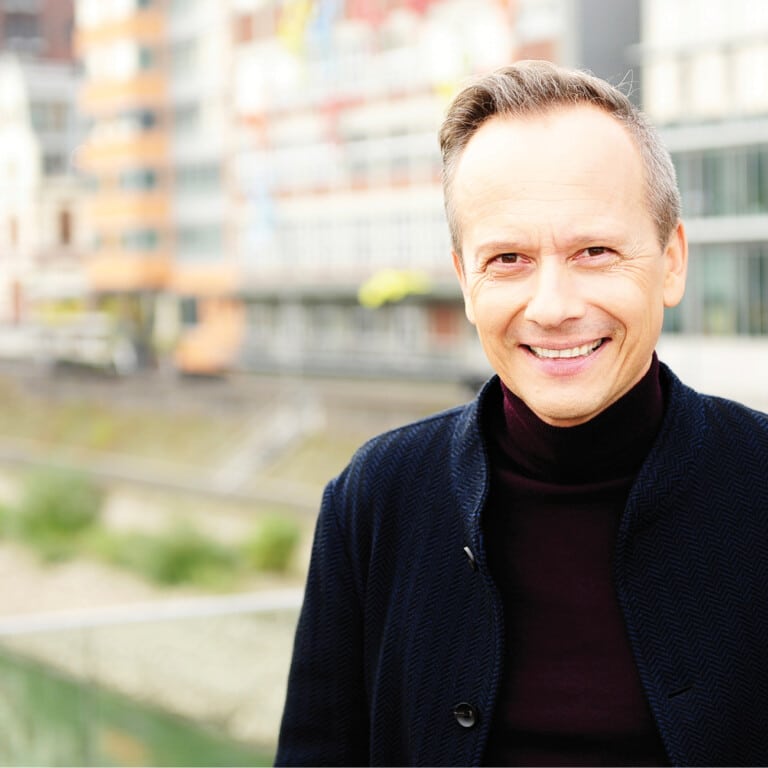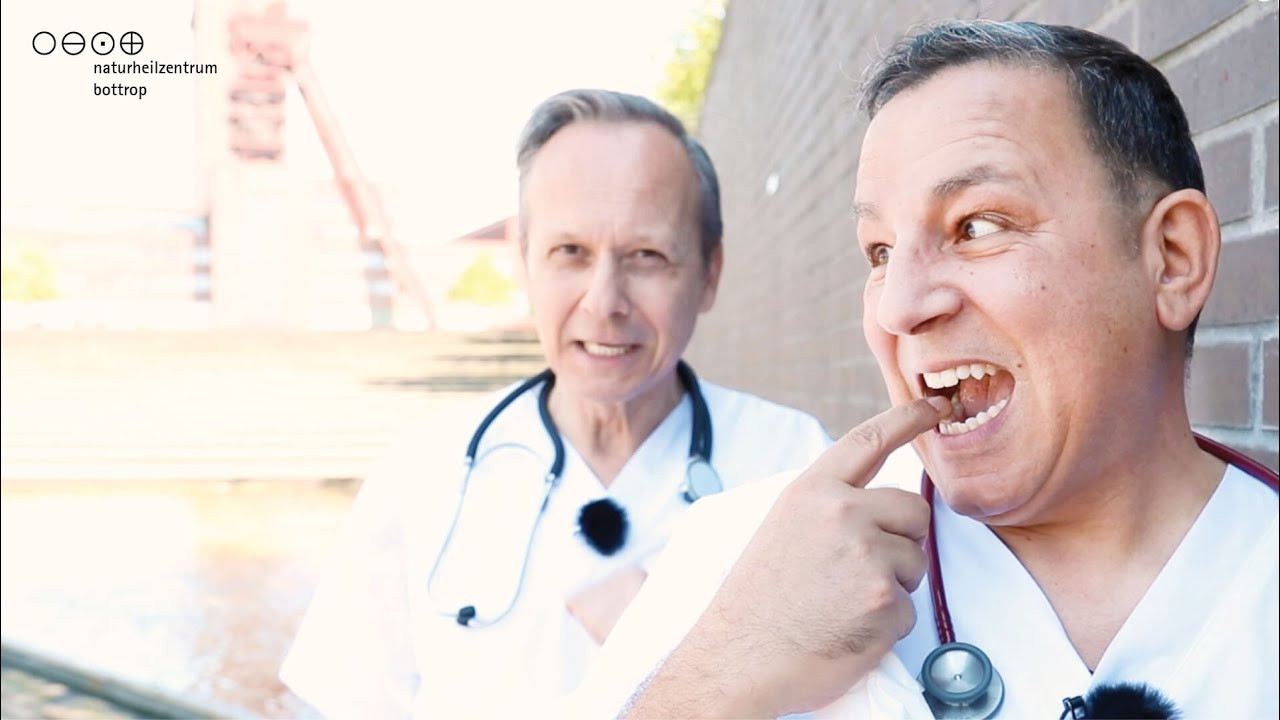Health myths – these health misconceptions stubbornly persist
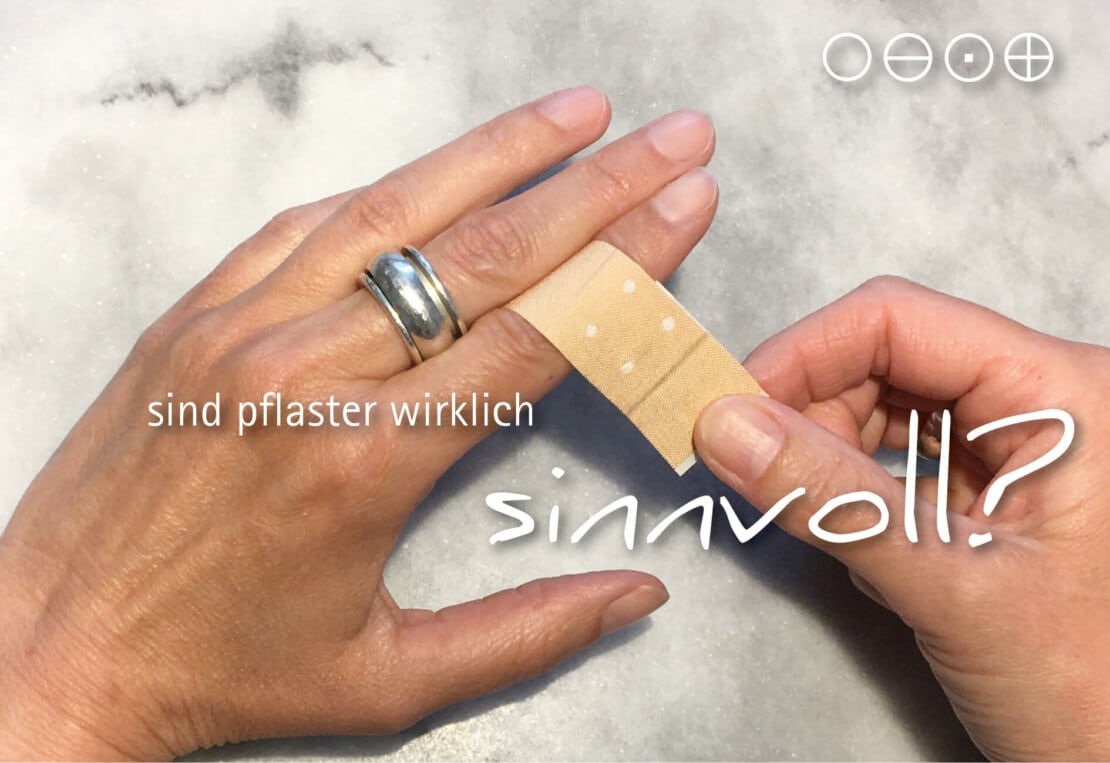
An overview of health myths & health misconceptions
Hardly any topic is as complex and, at the same time, as important to our lives as health. Although information is now easier to research nowadays than ever before, many health myths and health misconceptions continue to circulate.
Many of these health myths are now firmly rooted in the general consciousness. They can therefore barely be distinguished from correct, well-founded information. What are some examples of popular health misconceptions and how do you see through them?
Health myths – how health misconceptions come about
For Christian Rüger, a naturopath at Naturheilzentrum Bottrop (‘nabo’ for short), the reason why health myths stubbornly persist lies in an all-too-Human foible: “We Humans have a habit of believing things when we are confronted with them more frequently. If we hear certain health myths often enough, it’ll become more likely that we will begin to believe them ourselves. There has been some interesting research on this in the field of media psychology.”
One example of work which deals with disinformation appears e.g. in the writings on media and information law published by Nomos-Verlag: https://www.nomos-elibrary.de/10.5771/9783748904816-77/kapitel-3-desinformation-aus-medienpsychologischer-sicht?page=1

“This is certainly one of the reasons why many health misconceptions have made their way into our everyday lives. At first glance, it is difficult to distinguish between true and false information without specialist knowledge. At nabo, clarification and reliable information constitute the foundation of a better awareness of health myths and health in general – always based on sound scientific knowledge,” says Rüger.
Health myths & health misconceptions from experience
Health myths and health misconceptions often relate to a wide range of areas. Food misconceptions, about which the nabo recently published a blog post, are particularly popular. One example of this, among others, is the belief that eating late makes you fat. However, according to the German Society for Nutrition, there is no evidence for this: https://www.dge.de/wissenschaft/weitere-publikationen/fachinformationen/macht-spaetes-essen-dick/
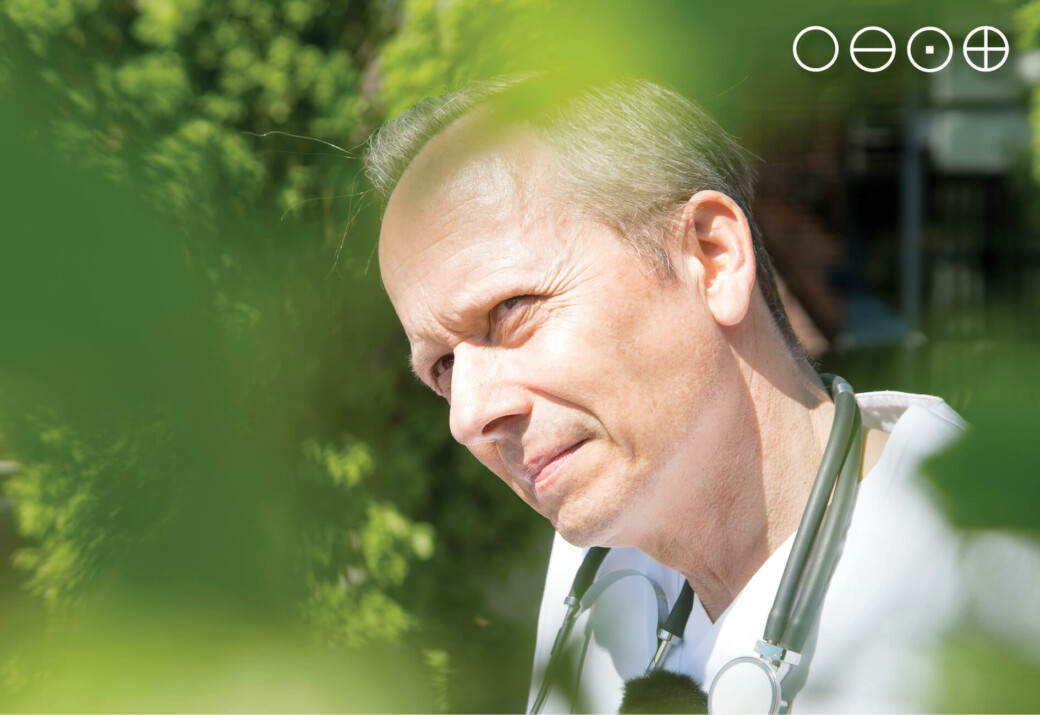
In der täglichen Praxis stößt Christian Rüger ebenfalls oft auf Gesundheitsmythen:
Christian Rüger also frequently encounters health myths in daily practice: “I often have patients who ask me questions that are obviously based on health myths. For example, there is often a belief that wounds without plasters heal better. Smaller wounds don’t actually require a plaster, but plasters can keep the wound moist, which can support the healing process.” The health portal Onmeda also writes about the positive properties of plasters here: https://www.onmeda.de/magazin/heilen_wunden_besser_mit_pflaster.html
Even in medicine, there isn’t always clarity about health myths
Snuffling is also considered potentially harmful by some, leading to uncertainty. In fact, opinions differ on this, as the ‘Apotheken Umschau’ (Pharmacy Review) reports: https://www.apotheken-umschau.de/Schnupfen/Richtig-Nase-putzen-bei-Schnupfen-510495.html
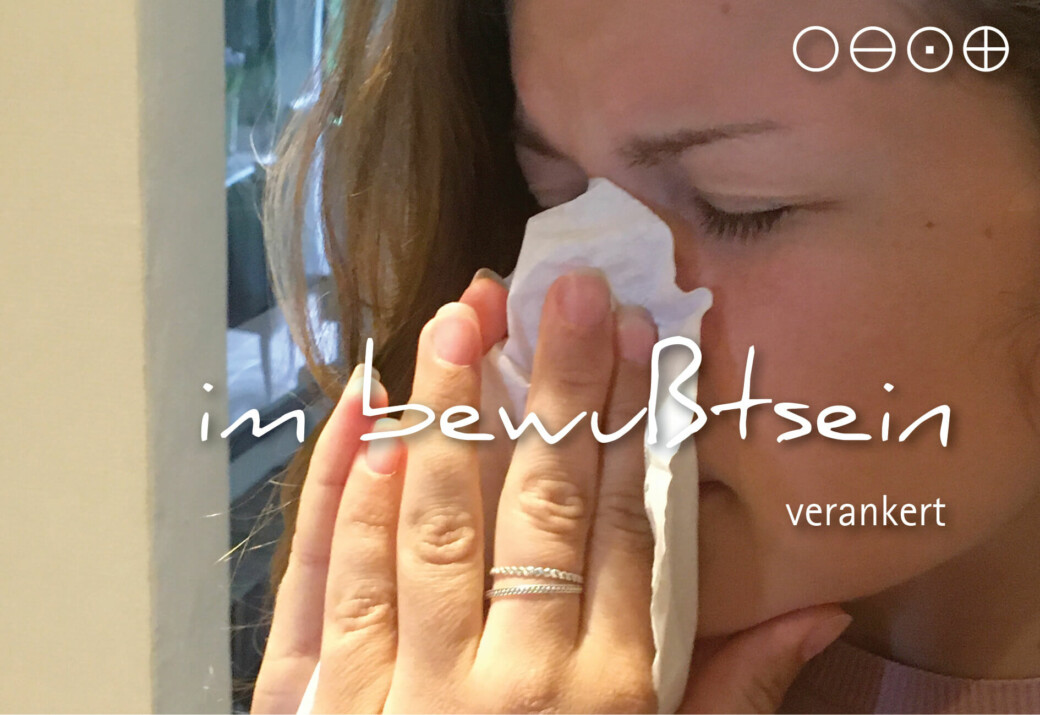
While some physicians seem to advocate snuffling, the expert quoted in the article advises gently blowing your nose instead.
For Rüger, this is proof that even in today’s medicine, many things should not simply be presented in black and white: “In many areas, there is no prevailing agreement – even among experts, which makes it even more difficult to determine whether something is a health myth. Instead of blindly trusting a source, I advise everyone to keep their eyes and ears open and, if in doubt, seek advice from a doctor or naturopath. They are better informed where there’s doubt, and they’ll be able to provide valuable tips for your health.”
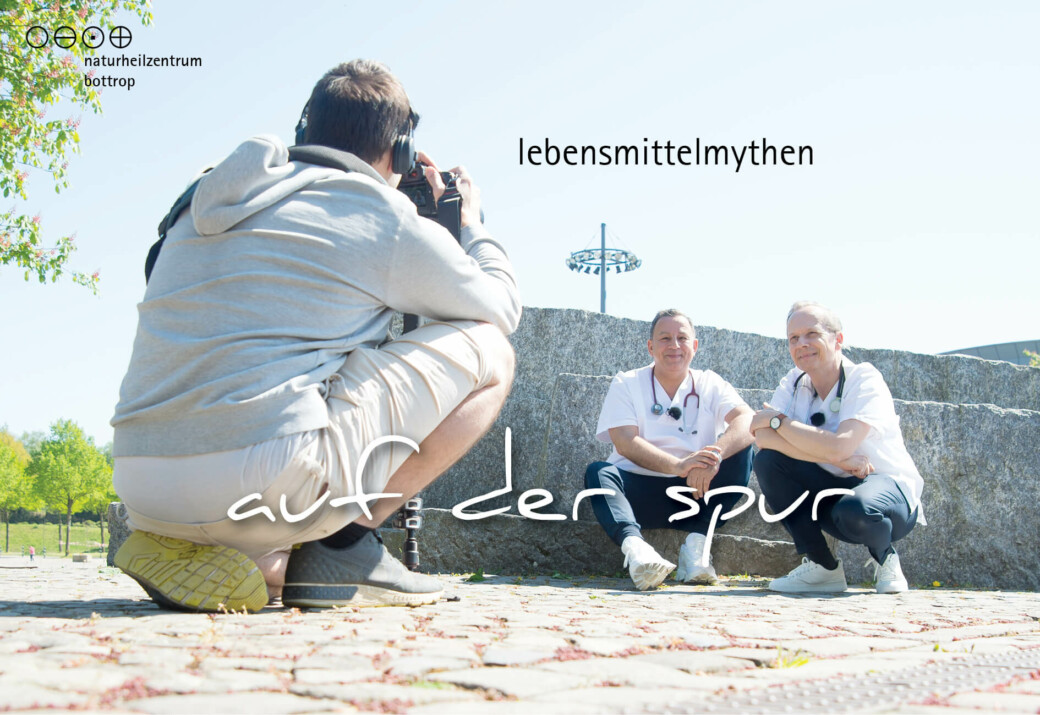
More on health myths on YouTube
Christian Rüger and his colleague Farid Zitoun also discuss health myths and misconceptions in their new video on the Naturheilzentrum Bottrop YouTube channel. There, the two lifestyle vloggers debunk several health myths, which People often hear in this part of the world.
